Not on one strand are all life's jewels strung
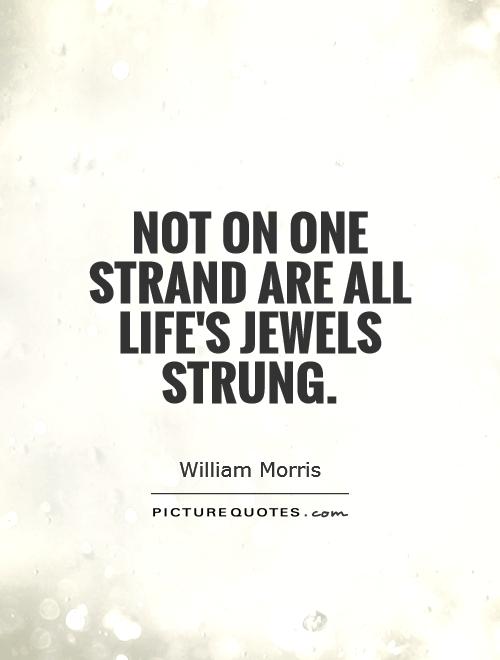
Not on one strand are all life's jewels strung
William Morris, a prominent figure in the Arts and Crafts movement of the late 19th century, was a man of many talents. He was a designer, poet, artist, and social activist who believed in the importance of craftsmanship and the beauty of handmade objects. Morris was also a firm believer in the idea that life is made up of a variety of experiences and influences, and that no one person or thing can contain all of life's richness.In his work, Morris often explored the idea that life is a complex tapestry made up of many different threads. He believed that each individual experience, person, and object contributes to the overall beauty and richness of life. This idea is beautifully expressed in the quote, "Not on one strand are all life's jewels strung."
This quote speaks to the idea that life is made up of a diverse array of experiences, emotions, and relationships. Just as a beautiful piece of jewelry is made up of many different gems, so too is life made up of many different elements. Each of these elements adds its own unique beauty and value to the whole.
For Morris, this idea was not just a philosophical concept, but a guiding principle in his work as a designer and artist. He believed that the beauty of handmade objects lay in the individuality and uniqueness of each piece. By incorporating a variety of materials, colors, and textures into his designs, Morris created pieces that were rich and complex, much like life itself.
Morris also believed in the importance of valuing and preserving traditional craftsmanship in an increasingly industrialized world. He saw the beauty in the imperfections and irregularities of handmade objects, and sought to celebrate these qualities in his work. In doing so, he created pieces that were not only visually stunning, but also deeply meaningful and imbued with a sense of history and tradition.




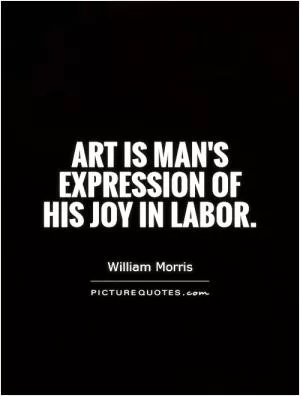

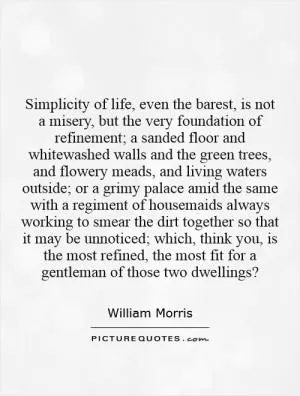
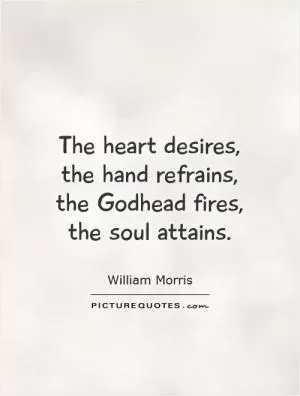
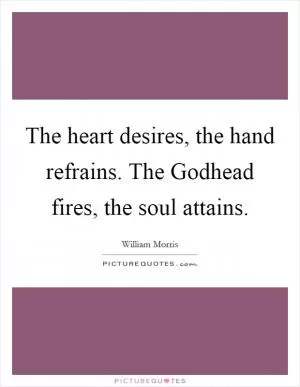
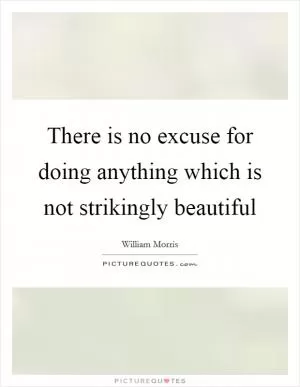
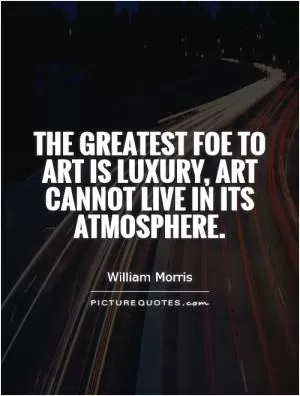
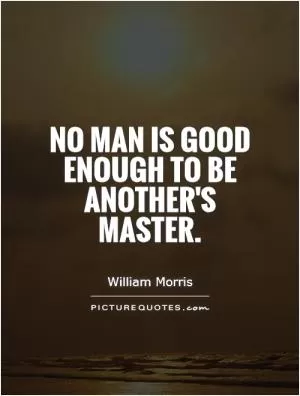
 Friendship Quotes
Friendship Quotes Love Quotes
Love Quotes Life Quotes
Life Quotes Funny Quotes
Funny Quotes Motivational Quotes
Motivational Quotes Inspirational Quotes
Inspirational Quotes